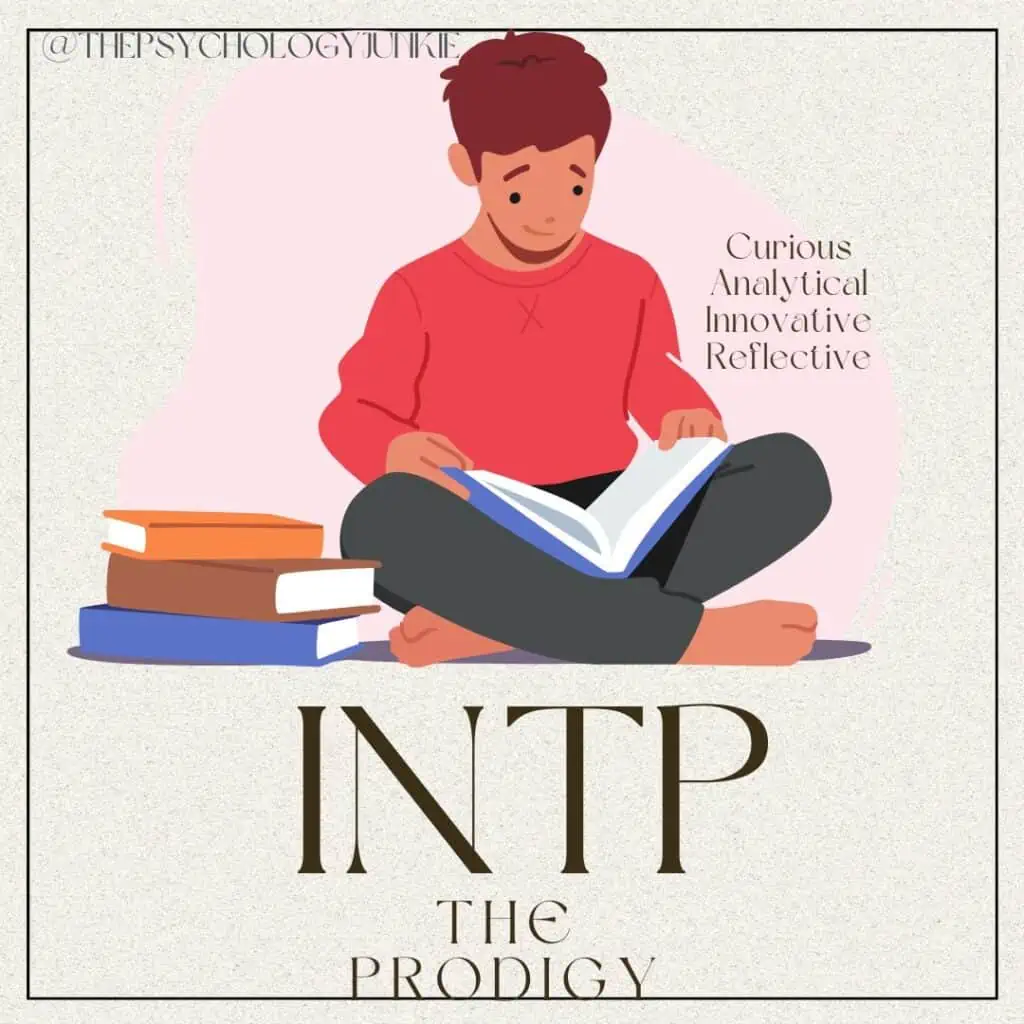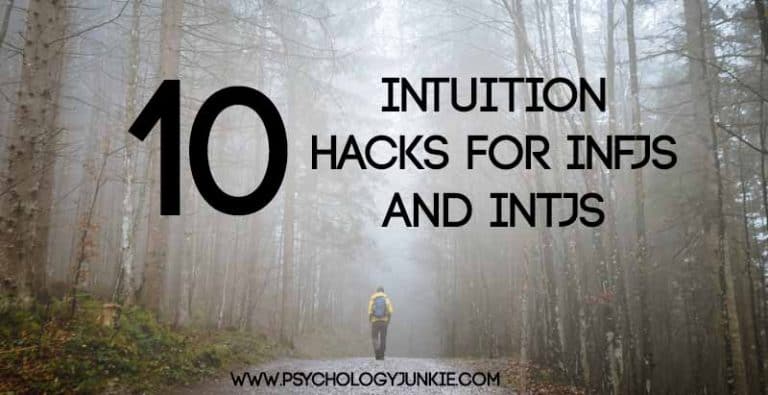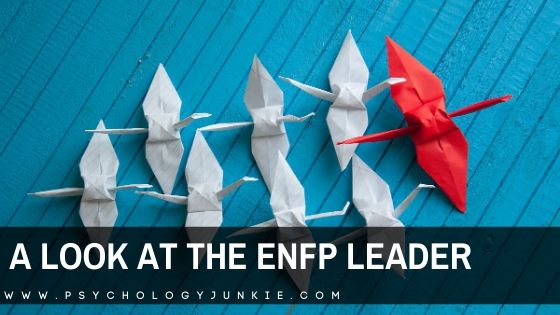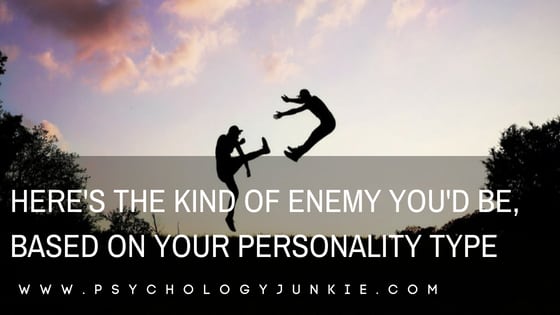Why INTPs Feel Overwhelmed When Looking for Friends
Last week I found myself at a personality profiling program where I got into a conversation with an INTP who we’ll call Jack. Jack was feeling overwhelmed with the five-day event, particularly because social events felt like an exercise in rejection. Being around people who all seemed so happy and engaged made him feel like maybe he wasn’t “good enough” for everyone else. When people turned away from him after chatting for a few moments, he felt like he was being brushed aside or that he’d never be able to gain the kind of companionship where conversation naturally flowed into deeper waters.
Unfortunately, this is a common experience for INTPs. I felt moved by Jack’s experience and compelled to write something that (I hope) will encourage other INTPs who are struggling. So today we’re going to explore the reasons why social situations can be overwhelming for INTPs and provide tips for embracing connection without feeling rejected.

Not sure what your personality type is? Take our new personality questionnaire here. Or you can take the official MBTI® here.
Why INTPs Feel Overwhelmed When Looking for Friends
The Struggle of Social Interactions for INTPs
INTPs are known for their analytical and independent nature. Their dominant function is Introverted Thinking (Ti), which prioritizes logical analysis over emotional expression. INTPs love to learn how things work, and they especially love applying this skeptical, curious approach to theories and possibilities for the future. If you want to understand the depths and nuances of a scientific theory or the inner workings of a computer, an INTP may be the expert you need! Even if they haven’t studied your particular area of interest before, they can easily work up the enthusiasm to explore how an idea, concept, or piece of technology works.
Unfortunately, the social realm is one where INTPs have often faced a great deal of rejection and loneliness. Friend-making and networking don’t pick up steam through skepticism and curiosity in many cases. They operate on unspoken social contracts and social norms.
When you walk into a room, you should hold your head high and make eye contact and smile!
When you speak to others, you should mirror their movements and create a sense of energetic rapport!
These types of interactions come easily to types like ESFJs and ENFJs, who are naturally wired to notice social norms and exhibit a high degree or enthusiasm and expressiveness.
But for INTPs, these types of social expressions can feel fake, awkward, and scary. Let’s get into why.
How Inferior Extraverted Feeling Impacts INTPs in Social Settings:
INTPs have an inferior cognitive function (mental process) called Extraverted Feeling, or “Fe” for short. This process focuses on interpersonal interactions, emotional wavelengths, and the little nuances that create a sense of harmony and rapport with others. Because INTPs have Extraverted Feeling in the inferior position, they have a high level of uncertainty surrounding social connection. Sure, some INTPs are confident! But that confidence has usually taken a great deal of work and practice to create and foster.
All of us have uncertainty around our inferior function, especially when we’re younger or when we haven’t had a lot of practice using it. When an ESFJ runs up to someone to give them a warm hug, chances are they feel pretty comfortable doing that! They even like it. After all, extraverted feeling is their dominant function. If an INTP were to do the exact same thing, they may feel like they are barging in on someone’s personal space or that they are doing something disrespectful. They are uncertain of their competence in this area or that they are even reading interpersonal cues correctly.
That’s why social interaction can be especially draining for INTPs. Not only do they have to expend energy understanding the expectations of others, but they also have to put a lot of effort into acting in accordance with them. This is especially difficult when those expectations don’t make sense to them or seem unspoken and foggy.
It’s natural for us to feel a certain sense of vulnerability around our inferior function. It’s easier to absorb signs of rejection when we already feel uncertain and insecure using this function. So when an INTP enters a social situation and people turn away after a short period of conversation, they may become overwhelmed by a feeling of failure. They may tell themselves not to try again – to avoid experiencing the same feeling of vulnerability or shame.
The Introversion Component:
On top of the fact that INTPs feel a little uncertain with interpersonal dynamics, they are also introverts. This means that they prefer to spend time alone or in small groups of people. They can become overwhelmed and exhausted when placed in large social situations that require a lot of energy output – such as networking events, parties, or conferences. The path to burnout is shorter for them than it would be for an extroverted friend!
The combination of mental dynamics working together for an INTP can make it feel nearly impossible to get comfortable socially or make deep connections socially. But, even if it feels counter to every fiber of your being, you must not give up!
Everyone deserves friendship. Everyone deserves a chance to share their thoughts and feelings with someone who will try to understand. Social connection binds us together and also releases us from the burden of loneliness. Humans weren’t made to be islands. Scientific studies have proven that human connection helps sharpen memory and cognitive skills, increases sense of happiness, and even lowers your risk of dementia. It’s worth trying – even if there’s risk of awkwardness or shame.
Embracing Connection: 4 Tips for INTPs
- Find Your Niche: Instead of trying to fit into every social situation, focus on finding people who share your interests and values. Join clubs, attend workshops, or participate in online forums related to your passions. This is more likely to lead to genuine connections with like-minded individuals. Are you a fan of comic books? Join a Comic Book Club and start conversations about your favorite characters, stories, and creators. Sometimes it’s easier to engage with people when you have something in common to talk about!
- Practice Empathy and Active Listening: Challenge yourself to become more emotionally attentive by practicing empathy and active listening in conversations. Practice validating the emotional experiences that people are sharing with you. This can look like saying, “That sounds really hard. It makes sense that you’re upset” when someone shares their struggle. It can look like smiling and saying “good job!” when someone shares a success. It can look like saying “tell me more” or “thanks for sharing” as people talk to you. This can help create a stronger bond with others and make your interactions more fulfilling.
- Set Small Goals: Stepping out of your comfort zone can be intimidating, so it’s essential to start small. Set achievable goals, such as attending one social event per month or initiating a conversation with a coworker. Gradually increasing your social engagements can help build confidence over time. And it’s okay to feel awkward! Chances are, all the people you speak with feel awkward and insecure about something and are trying to fight that battle as well. The more you experiment with new social engagements, the more you are likely to improve in your dynamics with others.
- Focus on the positive. Your brain wants you to remember only the bad experiences so that it can protect you from experiencing negative feelings again. It’s essential that you learn to focus on the positive moments in your interactions with other people. Did someone share an interesting story? Focus on it instead of worrying about what was said after. Did someone say something nice about you? Remember that instead of focusing on the fact that they may have gotten your name wrong. Write down the positives in a journal or on a piece of paper so that you can reinforce to your brain the idea that you succeeded socially. That you are getting closer to connection.
- Be patient with yourself. Don’t expect yourself to be an extrovert with huge amounts of social charisma in one day. Focus on getting 1% better each time you interact with someone. Starting small and gradually improving is the way to go. And you have your own charisma to bring to the table as well! Once people get close to you they realize that you have a tremendous amount of wisdom, imagination, and insight to share. That’s why it’s important for you to reach out and make connections with other people – they’ll benefit from your unique perspective, as much as you will benefit from theirs.
- Don’t assume the worst. You may think when someone turns away from you or ends a conversation that they are rejecting you; that you failed in the interaction. Your brain might push this idea on you that you’re a failure and should never try to engage socially again. Don’t let this happen! Realize that there are a thousand unsaid experiences in every interaction. You’re good at arguing. Argue with your brain when it tries to make you feel like a failure. Maybe those people had to catch someone else in a short amount of time. Maybe they had to run to the bathroom. Maybe they didn’t want to overshare with you. Maybe because you weren’t talking they weren’t sure what to say so they moved on. Maybe they are introverts too and felt a little depleted or insecure! Be skeptical of believing assumptions about yourself that are deeply negative.
You Deserve Connection: Embrace Confidence as an INTP
Any personality type can find intimacy and connection with others. You are wonderful and significant as an INTP and deserve friendships and human companionship. By understanding your unique challenges in social situations and taking actionable steps to grow, you’ll be well on your way to forming meaningful connections without fear of rejection.
For more information on INTPs, check out this helpful resource: 24 INTP Personality Type Signs.
You can also get an advanced video training on the INTP personality type through Personality Hacker’s Online Course. Keep in mind, this is an affiliate link and I do get a small compensation when anyone purchases a Personality Hacker product through my web site.










Thanks for the writing! Recently I re-discovered that I’m actually an INTP and the points related to social awkwardness ring true. While I’m not the dead shy type, I always assume the worst when it comes to social interaction. It makes me more tense than I should be, which doesn’t help with enjoying social situations at all.
I’ll start applying the tips to discover the niche where I fit and take it easy for social interactions
Thank you so much for writing this. I am an INTP female and this article rang true for me in many ways. Just this past week I mentioned to someone that I would like to meet up and catch up. They told me they would reach out, but didn’t ask for my number. I immediately felt like a failure and have been ruminating on it until I read this. Your articles are usually spot on and I thank you for never falling into the stereotypical posts, especially on the easily misunderstood types.
Ugh, YES! We both speak English, WHY can’t people say what they mean. Forever making me try and read between the lines. Good Lord…I get so frustrated like they want me to guess!? FINE you trying to say you to go to the zoo!?
It is beyond frustrating. Then it just seems like a lot of drama when they confirm nothing and base most everything on unspoken feelings they perceived. It’s just dumb and physically exhausting.
I truly appreciate your insight here and you do make some very valid points. More friends would be great but it just feels like I’m on some tik tok timeline.. I’ve got seven seconds of their attention and then they’ve checked out. So that’s difficult. Thank you very much for your time and insight on this and your picture is lovely!
I’m living recklessly, I’m not proofreading. Judge me if you must!! Lol anxious enough writing it first time